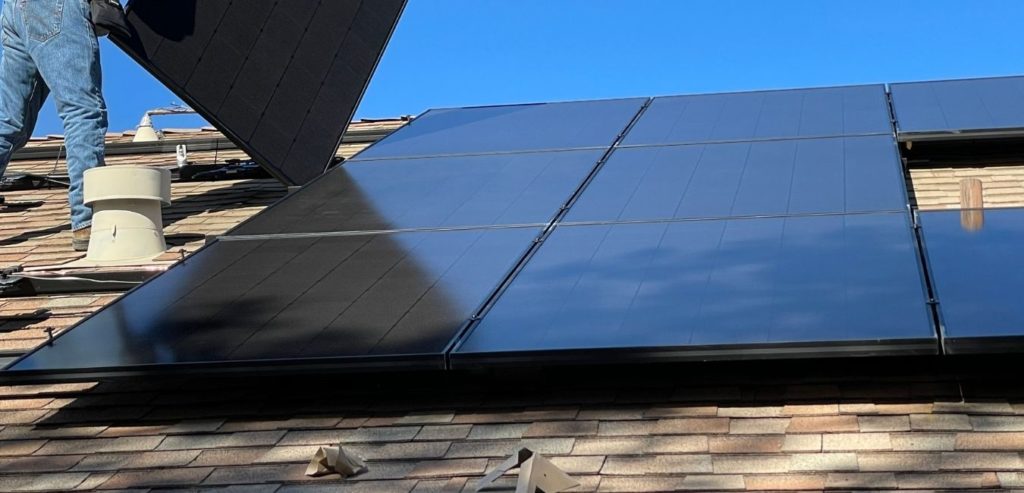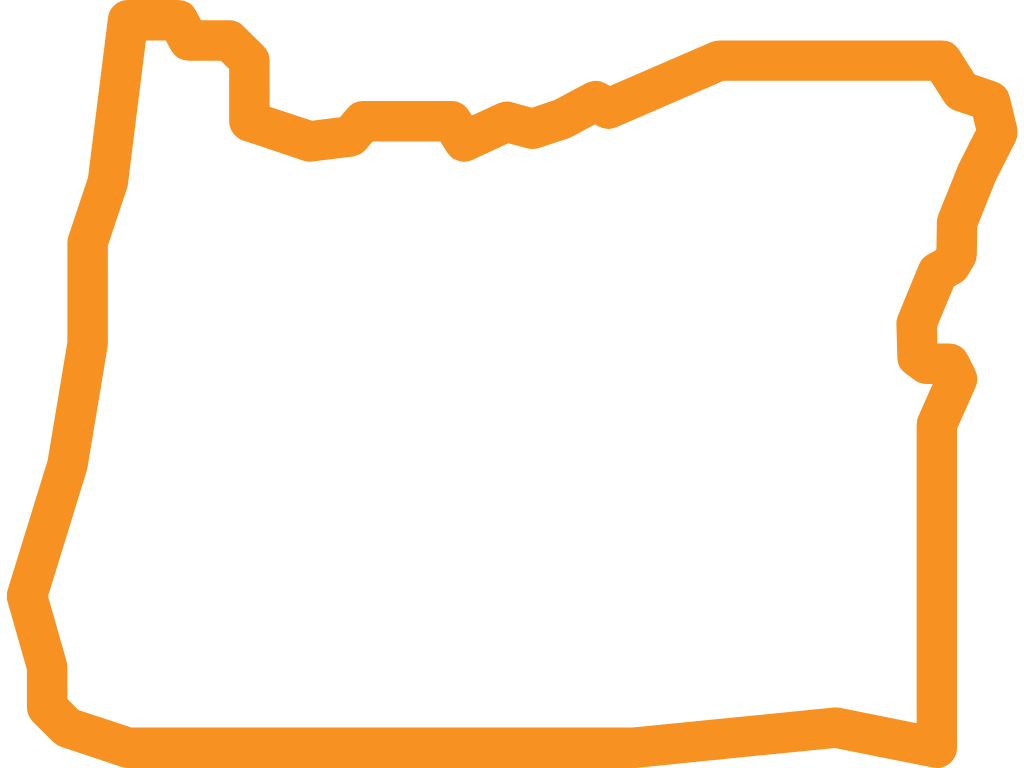4 Major Differences Between Leasing And Owning
Solar panel leases have made the dream of going solar available to more homeowners than ever before. But when is a solar lease the right choice to make? In this article, we will lay out the main similarities and differences between owning your own solar system and going solar with a lease.
Either opportunity might work for you, and either could be the wrong choice. Both a solar lease and full solar ownership will deliver a financial benefit to you. However, the degree to which this is true varies considerably.
1) Home Resale Value Increases
A fully-owned solar panel system could add resale value to your home.
According to this article from the National Association of Realtors, a study out of California demonstrated an average resale value increase of $5.50 per Watt when homes went solar. In Oregon, the Energy Trust commissioned a market-based study and found home value increases as well.
Unfortunately, there is confusion on whether this increase in home value applies to solar leases, and it may not always apply equally in every jurisdiction.
2) Lock-In Energy Rates
The reality is that power rates are on the rise. Even with lower electric rates, producing your own renewable power locks in the price you pay by using your utility’s net metering program. It works by when you produce excess solar power, your utility will compensate you with an energy credit. You build energy credits in times of excess generation and use your credits in not-so-sunny times (e.g., at night).
At Sunbridge Solar, we use top-of-the-line equipment from local, Northwest solar manufacturers. Our equipment carries warranties of 25 or 30 years. A solar lease is usually set for a 20-year term.
Learn More: How Long Do Solar Panels Really Last?
Leased Solar Power Isn’t Forever
Some solar leases are offered as a PPA (Power Purchase Agreement). In a PPA, you pay a reduced rate for electricity over the term of your agreement. Other solar leases are structured so that you receive free electricity while making a monthly solar payment.
In either case, you are getting some rate-hike protection from the power company… but only for a limited time.
On a long enough timeline (usually 20 years), a solar panel lease will end. At that time you will have three choices:
- Purchase the array at “fair market value.”
- Renew your lease at a new, renegotiated rate.
- Having the solar installation removed from your home.
Regardless of your choice, your rate protection will end (or change considerably) at the termination of the lease.
3) Available Incentives
There are a variety of cash grants, tax credits and rebates available to home and business owners that directly reduce the upfront cost of a solar electric installation
Oregon and Washington state provide lucrative incentives for solar energy systems, making solar a smart financial and environmental investment.
4) Control Over The Quality Of Equipment
When you own a solar array, you get to decide what equipment is used in the installation. When you lease a solar panel system, your options are usually limited by the company you lease from.
Many solar owners enjoy the ability to use made in America equipment, products with stronger warranties and products guaranteed to be stringently tested for reliability.




